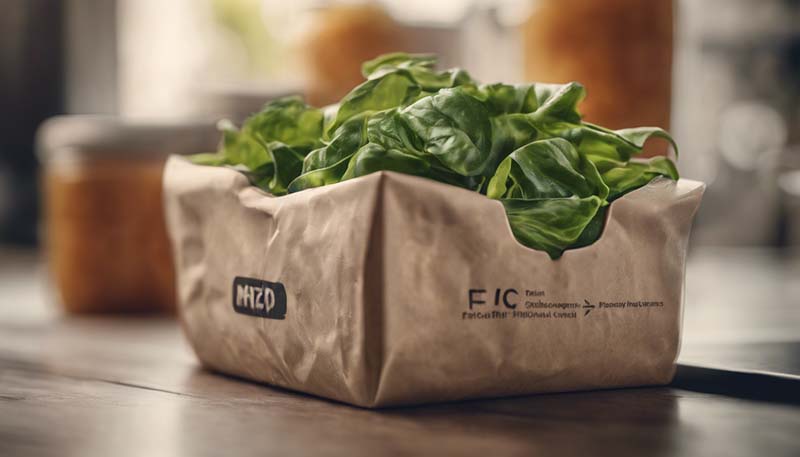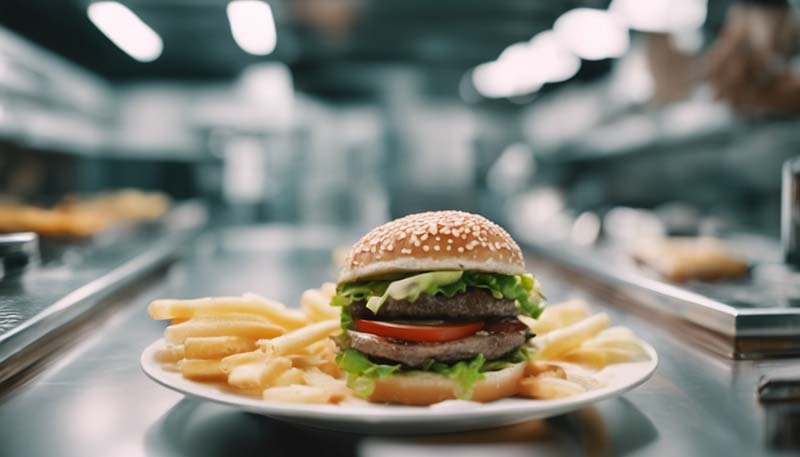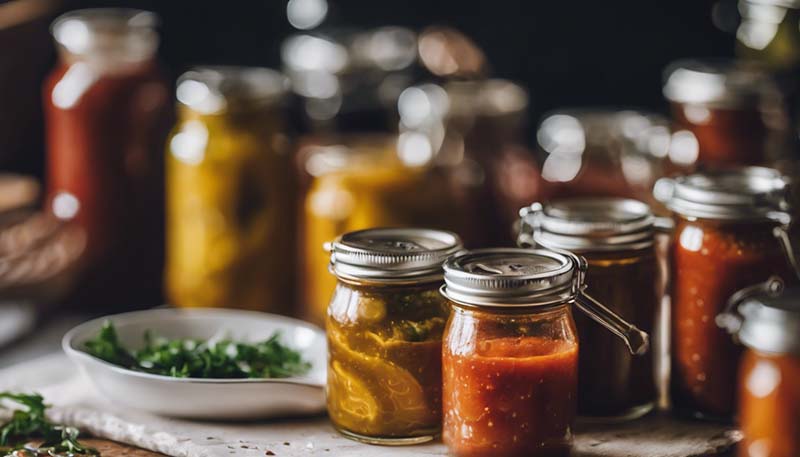The Impact of COVID-19 on the Food Industry
The COVID-19 pandemic has had far-reaching effects on various sectors of the global economy, and the food industry is no exception. This article explores the multifaceted impact of the pandemic on the food industry, including changes in consumer behavior, supply chain disruptions, and the emergence of new opportunities for innovation and growth.
Introduction
The food industry is a critical component of the global economy, providing sustenance and employment for billions of people. However, the rapid spread of COVID-19 has disrupted the industry's operations, leading to significant challenges and transformations. This article will examine the key areas affected by the pandemic, including supply chains, consumer behavior, food safety, and the role of technology in the food industry.
Supply Chain Disruptions
Logistical Challenges
The pandemic has exposed vulnerabilities in the global food supply chain. Lockdowns and social distancing measures have led to labor shortages, transportation disruptions, and increased costs. These logistical challenges have resulted in delays and increased prices for consumers.
Food Waste
Supply chain disruptions have also contributed to increased food waste. With restaurants and other food service establishments closed or operating at reduced capacity, there has been a surplus of perishable goods that cannot be sold or consumed before spoiling.
Changes in Consumer Behavior
Increased Demand for Home Cooking
As people spent more time at home during lockdowns, there was a surge in demand for ingredients and packaged foods that could be used for home cooking. This trend has led to increased sales for grocery stores and a renewed interest in cooking as a form of entertainment and self-sufficiency.
Shift to Online Grocery Shopping
The pandemic has accelerated the adoption of online grocery shopping. Consumers have turned to e-commerce platforms to avoid crowded stores and minimize their exposure to the virus. This shift has put pressure on retailers to improve their online offerings and delivery capabilities.
Food Safety and Hygiene
Increased Focus on Sanitation
COVID-19 has heightened concerns about food safety and hygiene. Food producers and retailers have had to implement stricter sanitation protocols to protect both their employees and customers. This includes frequent cleaning and disinfection of facilities, as well as the use of personal protective equipment (PPE) for workers.
Traceability and Transparency
The pandemic has also emphasized the importance of traceability and transparency in the food supply chain. Consumers are increasingly interested in knowing the origin of their food and the safety measures taken during production and distribution. This has led to a greater demand for technology solutions that can track and verify the provenance of food products.
Opportunities for Innovation
Plant-Based and Alternative Proteins
The pandemic has sparked interest in plant-based and alternative proteins as consumers seek more sustainable and healthy food options. This trend has opened up new opportunities for food companies to innovate and develop new products that cater to these changing preferences.
Technology and Automation
The challenges faced by the food industry during the pandemic have highlighted the need for greater technology adoption and automation. From robotics in food production to AI-driven inventory management, technology can help the industry become more resilient and efficient in the face of future disruptions.
Conclusion
The COVID-19 pandemic has had a profound impact on the food industry, bringing both challenges and opportunities. As the world continues to grapple with the virus, it is clear that the food industry will need to adapt and innovate to meet the changing needs of consumers and the demands of a post-pandemic world.






























Leave a comment